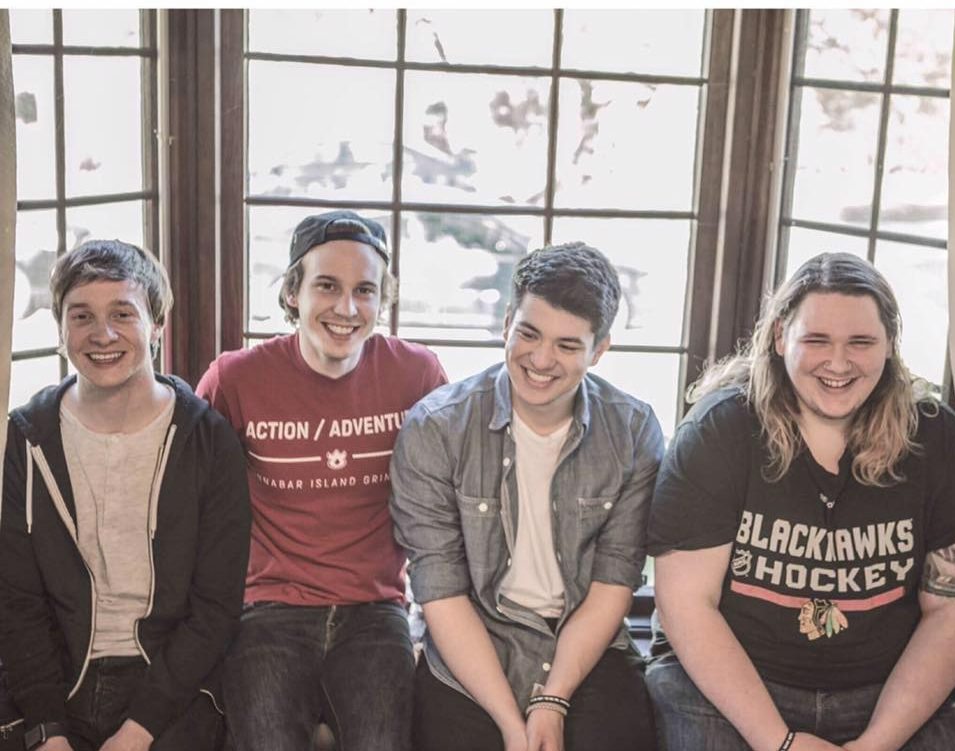I remember the moment I realized something was wrong. I woke up, and for the first time since starting my company, I didn’t’ want to get out of bed. The thought of facing the day, the deadlines, the never-ending barrage of emails made me want to crawl under my covers and never come out.
We all have these days, but for me, this was a warning sign. I had gone the entrepreneurial route to avoid this very feeling, and since starting my company two years earlier, I’d done that successfully. So what had happened?
It would take me another six months to discover the cause and finally take it seriously—burnout. Burnout is that feeling you get when you’ve run yourself completely ragged. It can manifest as depression, extreme stress, detachment from that which you once loved. Not to mention a general feeling of “what’s the point?” Then there’s the physical symptoms: insomnia, headaches, etc.
The difficult part of diagnosing and recovering from burnout is twofold. First, getting people to take it seriously is a challenge. Less sympathetic ears might insist that this is just “part of the territory” and sure, hard work is a given. But burnout is more than just being tired. It’s the direct result of going far too long without a real break—working days, nights, weekends, and holidays, never allowing your mind to rest. It’s pushing yourself way too hard for way too long until your body and mind physically cannot take it anymore. Burnout is your body’s way of saying, “Something is wrong and we need to deal with this.”
The second obstacle is in recovering—how do you cut back on your hustle and still ensure that you’re building the career you want? The real question is “If you don’t cut back, if this is your new normal, is that really the kind of life you want to create for yourself?” So how do you create balance that leads to recovery while preventing burnout in the future?
SET BOUNDARIES
It can be really difficult to say “no” to potential projects and opportunities early in your career, even when you know they’re not the right fit. It can be even more difficult to set and stick to designated working hours. There were times in my career that I really did need to work through a weekend, but looking back, I realize most of the time it was fear-driven more than anything else. I created emergencies in my work schedule that weren’t there because I was afraid of the consequences that I’d imagined.
“What I realized is that there is enough stuff to do to fill every minute of time you’re willing to work,” shares Musicpreneur Educator, Carlos Castillo. “But if you limit your working hours, you’ll be forced to think critically about what actually ‘moves’ the needle and prioritize those things while letting go of the rest. And you’ll get a lot more done.”
BUILD HABITS
Consciously building and sticking to positive habits can make a huge difference in burnout. This could be daily yoga, reading, TV time, walks, or the simple habit of taking nights and weekends off.
“If you’re in the middle of burnout, rest,” advises Steve Palfreyman, founder of the Music Launch Hub& host of the Music Launch Summit. “Do stuff for you. The only cure is taking a break. But you have to choose it. Mark out time in your calendar, if you’re like me and feel bad for not working toward your dreams. You time isworking towards your dreams. Go do something spontaneous, something fun.”
It can be so easy to push aside our own needs in the name of career growth. But the reality is that continuing to push yourself past your limits does no one any good, least of all you. Neglecting your own physical and mental health willstall your career in the long run, so take this one seriously.
CHANGE YOUR SURROUNDINGS
You wouldn’t believe what a big difference this one makes. Something as simple as going to a coffee shop to work, or taking a walk at lunchtime can be an instant mood and productivity booster.
“When you’re constantly surrounded by the same stimuli with which you are familiar and unchallenged, there is little room for thinking outside of the box. You tell yourself “If it ain’t broke don’t fix it!” but then you aren’t finding new ways to create, you aren’t getting inspired. You aren’t innovating.” —Evan Griffith, songwriter and producer, manager, A&R and media strategy at Gramophone Media, Inc
REMEMBER YOUR PASSIONS
When we’re faced with burnout, it’s hard to remember why we do anything. Every task feels like a mountain, and the reward seems nonexistent. Taking time to reconnect to why you got into this career, what it was that used to excite you, and what it is you still want to accomplish can be a great way to begin to reconnect. By remembering that you’re doing this because you love it and you feel it deep in your soul rather than because someone else benefits, you begin to reconnect to your “why.”
Griffith explains it best:“Extrinsic motivation refers to executing a behavior due to an external reward (a prize, a compliment, an award etc.), whereas intrinsic motivation involves engaging in a behavior for its own sake because it makes you feel a certain way internally. Intrinsic motivation is the more powerful of the two. I needed to switch my focus from producing a track purely because others would enjoy it (extrinsic) to focusing on creating memorable music that I love (intrinsic). My passion for the track would come out in the final product!”
Although most of us start on this path because there’s a fire in our souls that tells us this is exactly the right place to be, it can be so easy to fall into the trap of doing things solely for the external validation, for others. When we abandon our own needs, wants, and desires, we walk a slippery slope.
THERE’S NO GLORY IN THE “WORK 24/7” MINDSET
There’s this idea out there that the less you sleep and the harder you work, the more valuable you are. We shun relaxation and look down on people who aren’t hustling 24/7. But I’ve got news for you, that attitude is not only unhealthy, it’s downright wrong. Is hustle and grit important? Of course! But too much work and no play makes Jack a dull boy, you know? We need that time off to recharge and get the creativity and inspiration flowing.
“It’s a common pitfall of ANY entrepreneurial career to wind up spending all of your waking hours “on the job”. Since you’re not getting paid by punching a clock you end up slaving for far less than minimum wage, without even realizing the rut you’ve gotten yourself into.” –Carlos Castillo
“Focus on eating, drinking and sleeping better. Make decisions that are about your well being, not anyone else’s.” –Steve Palfreyman
DON’T FORCE YOUR RECOVERY
One of the most difficult, and yet somehow freeing, things to realize is that while there are a lot of tactics you can use to overcome, avoid, and heal from burnout, ultimately you can’t rush it. In this state, your body and mind are in complete exhaustion—that might take a month to recover from or it might take a year. It doesn’t mean everything stops in the meantime, but you have to give yourself time to heal and trust that as long as you’re practicing self-care, you will heal.
“You can’t make the energy, the passion, the drive come back. You need to make friends with the burnout, let it be there. It’s there as a protection, it actually cares about your ability to continue the work that burnt you out, just in a more sustainable way. Go into creative mode and dig deep with the burnout, not to fight it. Find the things you can do differently, look for the reasons you began in the first place, know that this is a reminder that you just need to adjust, not stop forever. And rest until you’re ready. When you do feel ready, assume that getting back into things at 50% speed, then 60%, then 70…. Test the waters, focus on the fun stuff and let the passion lead you forward.” –Steve Palfreyman
*A version of this interview first ran in the current print issue of Substream Magazine, on stands now and available through our online store!













